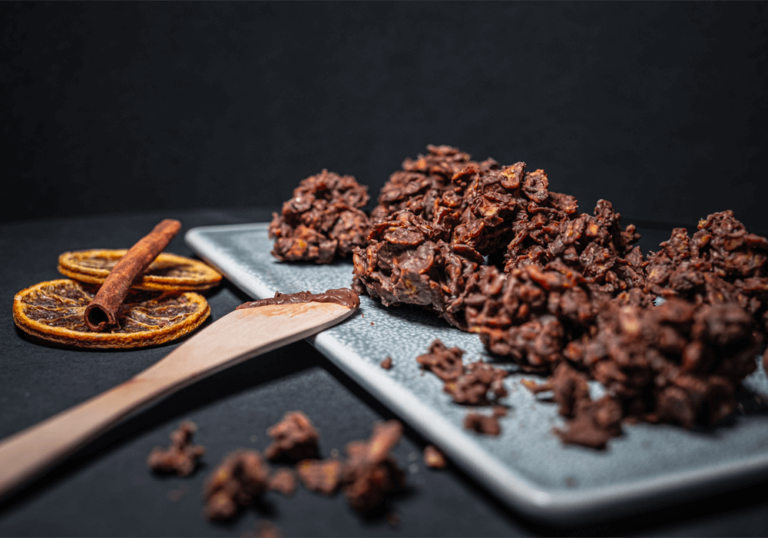This article will discuss the neem cake, its benefits, and the proper procedure to use it. So without wasting time, let’s get started!
What is neem cake in reality?
Neem cake is a natural nitrogen fertilizer that most horticulturists and even ordinary people use to fertilize their plants and crops. It contains many micronutrients that are beneficial for the plant’s growth and fruiting. As it contains many pest removing properties also, therefore, it is also used for the removal of pests. As we have discussed above, it comes from the residue left behind after the extraction of the oil from it. Neem cake improves the health and fertility of the soil. Also, it increases the soil’s water holding capacity and fixes the soil structure. It is indeed one of the best natural fertilizers and is proven to increase your marble queen pothos plant’s leaves size.
Where do the neem cakes come from?
It comes from the tropical evergreen neem trees native to India and other southeastern countries. The cake is prepared from the neem tree’s seeds, also called Nimboli in Hindi, dried, and then compressed. When the seeds are compressed, the oil is separated, and the residue left behind is called the cake. So we can also call it a deoiled cake. The cake contains many high properties, such as antifungal, antibacterial, anti-inflammatory, and antipyretics. Therefore due to these properties, the neem trees have high respect in Indian society, and almost every person in the villages have the trees planted in their home.
Benefits Of Organic Neem Cake When Used As A Soil Amendment
The use of neem cake for the amendment of soil is a well-known and useful practice. Many past studies on neem tree have proven that the use of neem extracts is non-toxic to humans. And even in ayurvedic practices, neem is considered one of the best medicines found on earth. Also, Neem extracts are among the best choices to remove pests from the crops organically.
How The Other Parts Of The Neem Tree Are Used
Each part of the neem tree is beneficial and used in the following ways:
Leaves:
The tree leaves are used to cure chickenpox by applying the paste directly to the skin. The paste of neem leaves mixed with aloe vera helps to purify the skin and removes pimples.
Oil:
The oil is mixed with water and helps remove the pests from the crops as it has insecticides.
Neem seed cake:
When the oil is separated, then the remaining residue is called the neem cake. The seed cake has several benefits ranging from the pests’ protection to the antifungal, anti-inflammatory properties.
Twigs:
In several countries, the neem tree’s twigs are being used as toothbrushes. Also, many brands have come up with using the properties of the neem in their toothpaste and toothbrushes.
Roots:
There are various uses of the roots of the neem tree. One such is that people dry the neem tree roots and use them to remove the pests from their plants.
So far, we have seen where the neem cake comes from and the neem tree’s benefits. Now we will discuss
Why Should Neem Cakes Be Used for plants?
- It’s one of the best natural fertilizers for plants. It contains a fair amount of nitrogen that helps the leaves to grow faster.
- It is antifungal, and we recommend you to use it while preparing your soil.
- Neem cake increases the number of soil microbes, which helps increase the soil’s porosity and water holding capacity.
- It is organic and therefore does not affect the soil’s health and humans.
- The neem cake has a slow-release; therefore, if we mistakenly use it in large amounts, even then, it is not harmful.
- It’s not much expensive as compared to the other natural or chemical fertilizers and pesticides.
- It does not let the nematodes flourish and even keeps some of the pests away from the plant organically.
- A scientifically proven fact is that if we use this natural organic fertilizer, the crop productivity increase by 15%-20% as the soil bacteria present in the soil increases.
- Being organic neem cake compounds does not affect the existing soil microbes and also it does not increase heat in the ground.
Different Kinds Of Neem Cakes Available
Neem cakes are available in different types of fertilizers, and all of them have different ways to be used. Here is a list of some of them:
Neem Cake Fertilizer: the top bought commercial neem cake product that helps fix the soil’s health and increases the soil fertility by increasing the soil bacterias.
Neem Cake granules: these are used as manure and fertilizers in agriculture. It has the maximum amount of azadirachtin as it is made out of almost every part of the neem tree.
Neem Cake manure: It helps the farmers get the maximum of their yields and even helps to protect their crops against pests’ attack by killing all the harmful plant pathogens organically.
Neem Cake Powder: this powder is rich in phosphorus, nitrogen, calcium, and sulphur. It increases the fertility of the soil when mixed in it.
Neem Cake Bio Mix: it is a mixture of different organic fertilizers from which it is the main ingredient. It helps to enhance the fertility of the soil and fix the soil structure. We have personally used it in your elaichi plant and found very good results.
Tips on How to Apply Neem Cakes
The most popular way to use it in your indoor plants is to make tea by leaving neem cake in water for 2-3 days and then pour the solution into our plants.
Here are the steps to prepare the tea of neem cake:
- Take the neem cake powder and crush the big particles present in it.
- Take a vessel and fill 1L water in it.
- Now add 3-4 spoons of neem cake powder in it.
- Leave it for 2-3 days in the dark.
- Mix the solution in 1L of water again and pour 1 glass into each plant.
The second way to use it is to mix it well with soil and plant your plant in that soil. Otherwise, pour 1 spoon of it in the soil every month after ploughing the soil.
Conclusion
So far, in this article, we have discussed neem cake, its advantages, and its proper procedure when we use it as a fertilizer for indoor plants. We hope you found this article helpful and use the neem fertilizer in your plants and see its magical effects on your plants and trees.
For gardening techniques and updates you can follow me on my Quora account, where I answer people’s questions regarding their plants and problem related to gardening.

